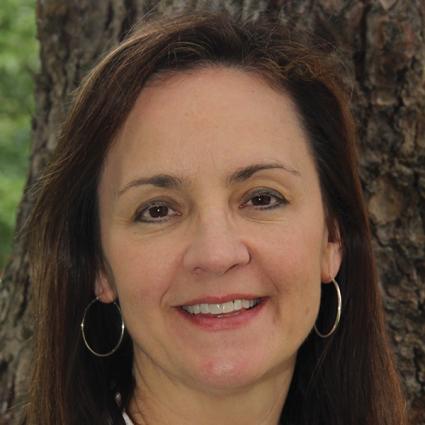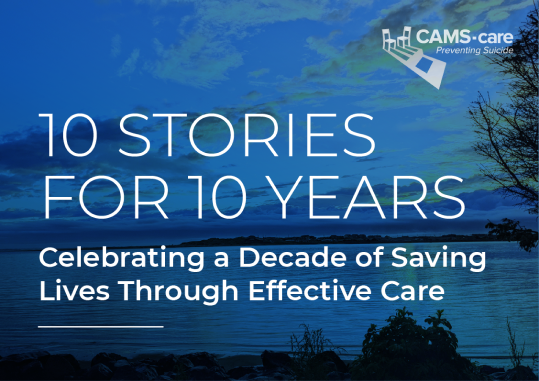Your Community for Suicide-Specific Care.
As the only authorized trainer of the CAMS Approach to reducing suicide risk, we empower mental health professionals of all kinds to support people with serious thoughts of suicide.
Whether clinician, government agency, community mental health center, university, or hospital, count on us to equip you with the resources to confidently and effectively decrease pain and suffering and increase hope for generations to come.
Our Mission
Save lives through effective care.
Our Vision
Empower clinicians and organizations to deliver evidence-based treatments that significantly reduce hopelessness and foster hope within 6 to 8 sessions.
Best Possible Care
CAMS-care believes that every patient (and their family) deserves to receive the Best Possible Care that is both evidence-based and suicide-specific.
Our Values
Integrity
We uphold the highest standards of ethics and professionalism in everything we do.
Quality
We are committed to delivering the best possible training and support to mental health professionals worldwide.
Flexibility
We offer adaptable training solutions to meet the diverse needs of mental health professionals.
Evidence-Based
We base all our methods and teachings on rigorous, peer-reviewed research to ensure effectiveness in suicide prevention.
40+ Years of Proven Suicide-Specific Care
CAMS-care was founded in 2014 as the official training company for CAMS. But our story begins long before that.
It begins with David Jobes and his deep commitment to developing an effective, evidence-based, suicide-specific treatment. In the 1980s, Jobes launched his research-based career in suicide prevention as a graduate student at American University.
Jobes continued his research at The Catholic University of America, where he focused on developing a reliable suicide risk assessment tool and tracking method to support students at the university experiencing suicidality. His research led to the creation of the Suicide Status Form (SSF) and the Collaborative Assessment and Management of Suicidality (CAMS), which has revolutionized the way suicide-specific care. .
Today, Jobes and the CAMS-care team are proud to have trained thousands of mental health professionals in the assessment of suicide risk and the use of CAMS. Each person trained represents an advancement of the mission of providing compassionate, effective care to individuals experiencing suicidal thoughts and a continued commitment to elevating and transforming the field of suicide-specific treatment.
Together we’re changing the narrative on evidence-based, suicide-specific care worldwide.

Our Trainers & Consultants
The Team of Experts Transforming Suicidology
Our CAMS-care consultants have unique areas of expertise in patient populations and systems of care, including:
- Worked directly with Dr. Jobes for a minimum of five years in suicide prevention research, specifically the CAMS model.
- Received specific training from Dr. Jobes to provide CAMS training.
- Successfully utilized the CAMS intervention with suicidal patients.
- Presented CAMS-related material at a professional conference and/or published CAMS research in a peer-reviewed journal.
We’re your partners in suicide-specific care and here to support you in every way.




Celebrating a Decade of Suicide-Specific Milestones
CAMS is the leading organization helping mental health professionals effectively treat suicidal patients. By building confidence, enhancing communication, and improving patient outcomes using evidence-based suicide-focused treatment. CAMS-care began as a team of one to provide consultation and training to clinicians utilizing CAMS and has grown to a team of over 25 incredible staff and consultants.
As we reflect on the past decade, we’re especially proud of the following accomplishments:
- 40,000 mental health clinicians worldwide have been trained
- 1,200 clinicians have earned their CAMS Trained™ designation
- Of the 1,200 CAMS Trained clinicians hundreds have opted into the CAMS Locator
- Hundreds of thousands of patients have been treated within the CAMS Framework®






